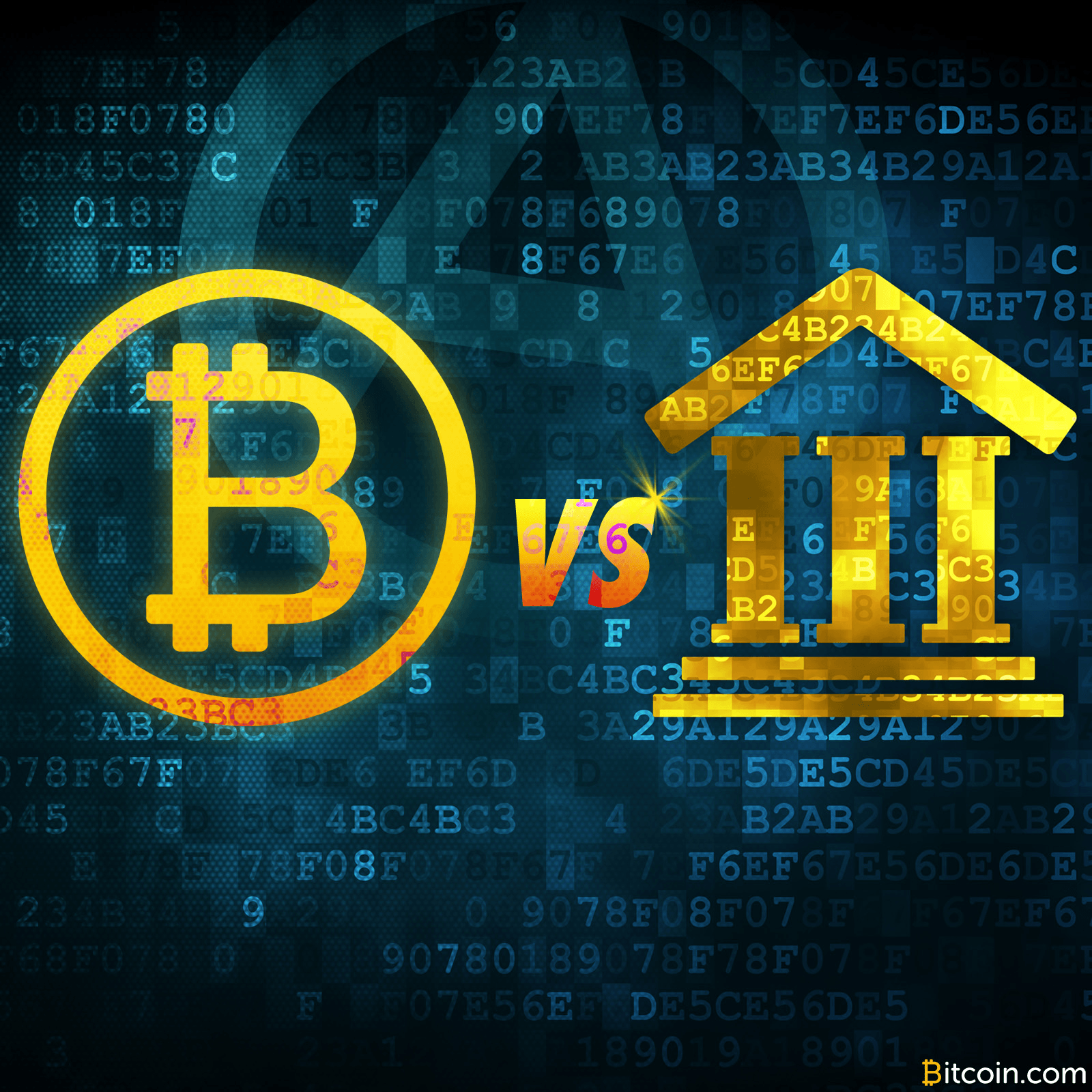As Bitcoin continues to climb, the same handful of criticisms linger in the minds of newcomers, preventing the curious from taking that leap of faith into crypto. Fidelity Digital Assets, a trusted researcher and contributor in the crypto space wrote a detailed piece titled, “Addressing Persisting Bitcoin Criticisms.” I went ahead and condensed their work and added in my own insight to give you the best go-to-guide addressing common Bitcoin criticisms.
Criticism #1 Bitcoin is too volatile.
It is true Bitcoin is volatile. But to achieve the status of a global store of value, it will take a lot of up and down movement. As more liquidity is injected into the market in both spot and derivative exchanges, price volatility should continue to decrease historically as the value of Bitcoin increases. The simple fact is as the market cap grows, whales and/or coordinated orders will have little to no impact on price. Bitcoin hasn’t been any more volatile than current large-cap tech stocks like Tesla or Nvidia.
Another perspective for addressing this criticism is to look at gold in the 1970s. Gold’s narrative at the time was unclear when the gold standard was abandoned. And sure enough, gold was very volatile. Be proud that Bitcoin is naturally volatile, rather than propped up and price infused by greedy bankers. It is on a solo journey to discovery that is guaranteed to be rocky.
Criticism #2 Bitcoin has failed as a means of payment.
Again, there is some truth to this statement, but it fails to see the big picture for Bitcoin. Satoshi Nakamoto, the creator of Bitcoin did originally intend for Bitcoin to be “A purely peer-to-peer version of electronic cash,” but the functionality of Bitcoin has evolved. Bitcoin has traded a high level of throughput for its best qualities – decentralization and immutability. If you want a cheap and fast way to transact every day, there are options like Bitcoin Cash and Ripple. But they don’t offer the decentralized and libertarian ideologies Bitcoin does.
When presented with this criticism, this is a good time to mention the role CBDCs will play in the future as a means of payment. It seems way more likely that buying a cup of coffee will be done with a digital dollar created by the government, rather than your favorite altcoin. The Fidelity report offered great examples of where Bitcoin is being used as a payment mechanism. Furthermore, Bitcoin is seemingly becoming a digital gold, rather than a digital everyday payment.
 Criticism #3 Bitcoin is wasteful.
Criticism #3 Bitcoin is wasteful.
This is probably one of the lesser discussed topics of concern around Bitcoin, but it’s still worth considering. Currently, Bitcoin’s carbon output is comparable to New Zealand. Its power consumption is comparable to Chile. There are a lot of staggering statistics that raise reasonable concern to environmentalists.
But the good news, as pointed out by Fidelity, is a growing increase in miners using eco-friendly hydroelectric power for their operations. A new developing trend is power production companies are becoming miners with their excess electricity, rather than wasting it. As Fidelity argues in their report, Bitcoin can’t exist without mining. So from a cost-benefit analysis, the pros of an emerging global currency far outweigh the costs.
Criticism #4 Bitcoin is used for illicit activity.
By now you have probably caught onto the fact that there is a sliver of truth in each of these claims. Fidelity frames this concern the same way it views physical cash and the internet, both are neutral. There are always going to be good and bad people that want to deal in cash and Bitcoin. But that isn’t the fault of the currency.
The Fidelity report cited statistics showing, “over the years, illicit activity has been on a downward spiral and has accounted for 1% of the total transactions.” Just recently BuzzFeed conducted some investigative work on major banks. It found they were knowingly transacting trillions of dollars’ worth of suspicious money between 1999 and 2017. It can easily be argued big banks are far more criminal than Bitcoin ever has been.
 Criticism #5 Bitcoin is not backed by anything.
Criticism #5 Bitcoin is not backed by anything.
It is correct that it isn’t backed by the faith of a government, central bankers or industrial utility. It’s backed by something better: code. The code governing Bitcoin is available for anyone to observe, and its core design is set in stone. Bitcoin’s entire record exists on a digital ledger agreed upon by tens of thousands of network participants called nodes.
Our very own U.S. dollar, which is backed by the ideals of government, has lost over 96% of its value since its inception. Bitcoin’s supply policy limits it to only 21 million coins to ever exist. This simple fact makes Bitcoin, in my opinion, the hardest money ever created. If you want to be concerned, think about the fact that almost a fifth of all U.S dollars were printed in 2020 because the FED just felt like it.
Criticism #6 Bitcoin will be replaced by a competitor.
Some naysayers equate Bitcoin to the Myspace of money. If this does come true, it does not seem likely anytime soon. Yes, there are flashy altcoins that offer different qualities Bitcoin cannot offer, like higher throughput and extreme anonymity. But they come at a cost. Institutions are just beginning to explore the digital asset space, and they are unanimously looking to Bitcoin over any other asset.
Fidelity argues Bitcoin is way ahead of the pack because it is the first mover, has a strong network effect, the largest market cap, the oldest history, the most institutional adoption and the most miners. Bitcoin has become an unstoppable beast only growing in strength for the foreseeable future. It definitely has a lot more room to grow before I would consider a possibility of it being replaced.
Criticism #7 Bitcoin is too complicated.
This criticism wasn’t included in Fidelity’s report, but I believe it to be arguably the most common criticism Bitcoin receives. Refuting it is simple. SMTP and HTML are very complicated. But we don’t question their code and protocols, they are just universally accepted. We send emails every day using SMTP, which is arguably more complex than blockchain, and nobody cares because it’s the norm. This critique often stems from the fact that the person is new to Bitcoin. They misdirect their fear of the unknown to complicated facets they probably don’t actually care about.
Bitcoin is simple if you make it so. It’s very easy to buy– all it takes is a PayPal or Venmo account. Lastly, when hit with this criticism, divert to the macroeconomic aspects of Bitcoin, like its “store of value” narrative or “hedge against inflation” narrative, which is far more beneficial to newcomers than getting lost in the weeds of its technicalities. If they are not convinced, the best remedy is time. They can just arrive to the party late.
Read the full Fidelity report here.
